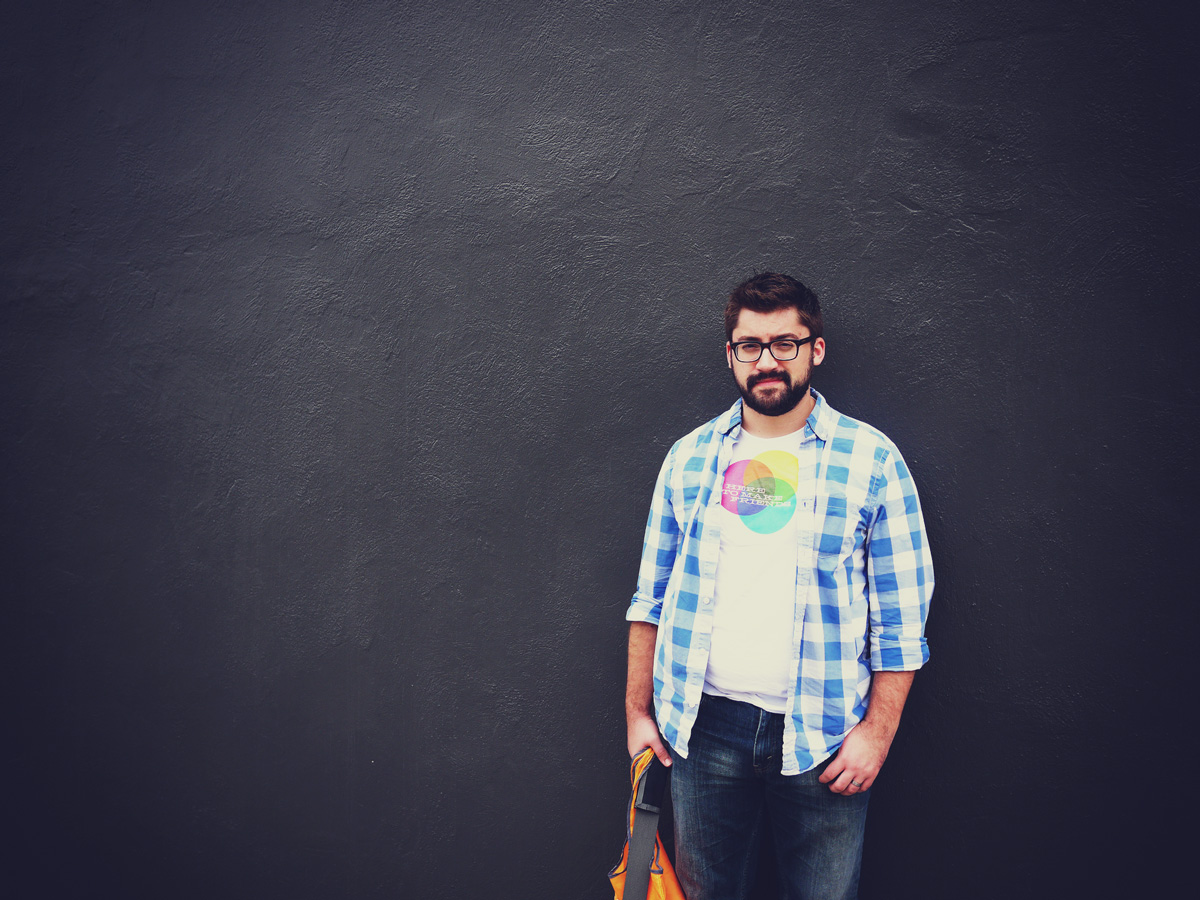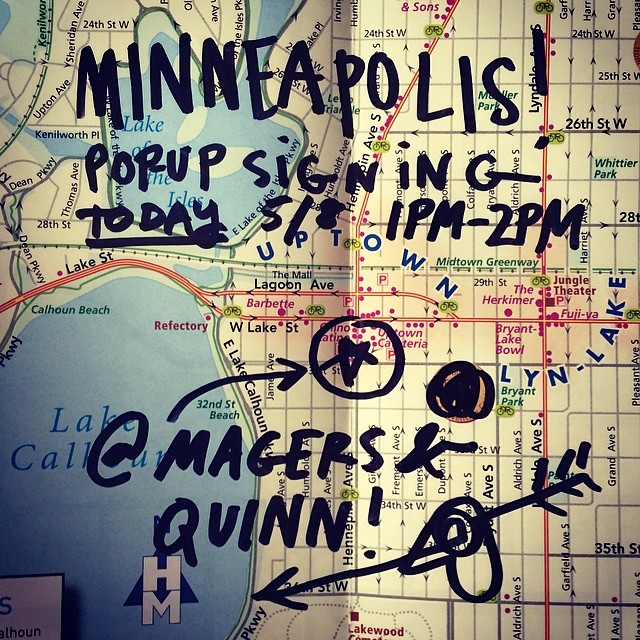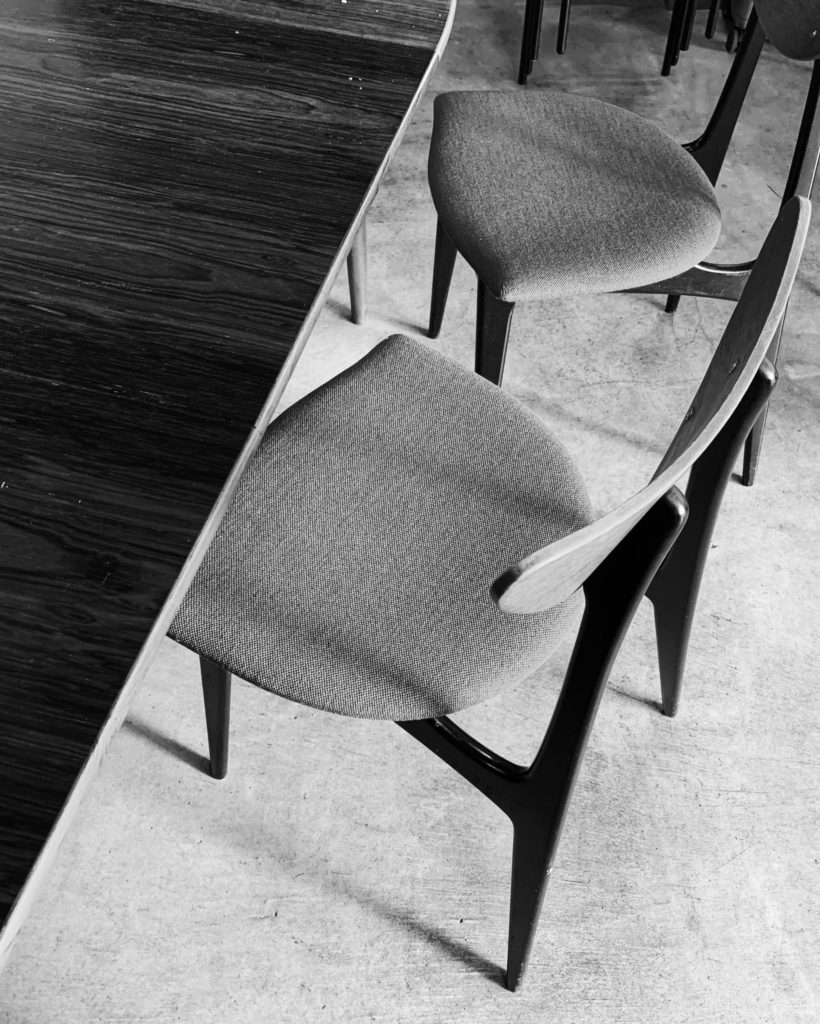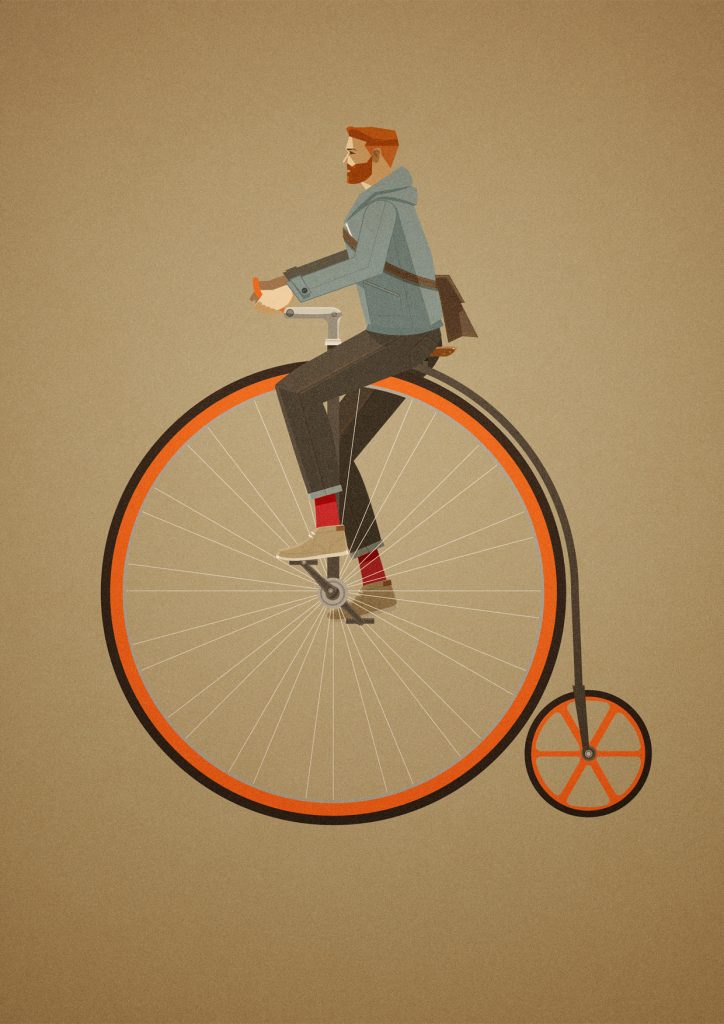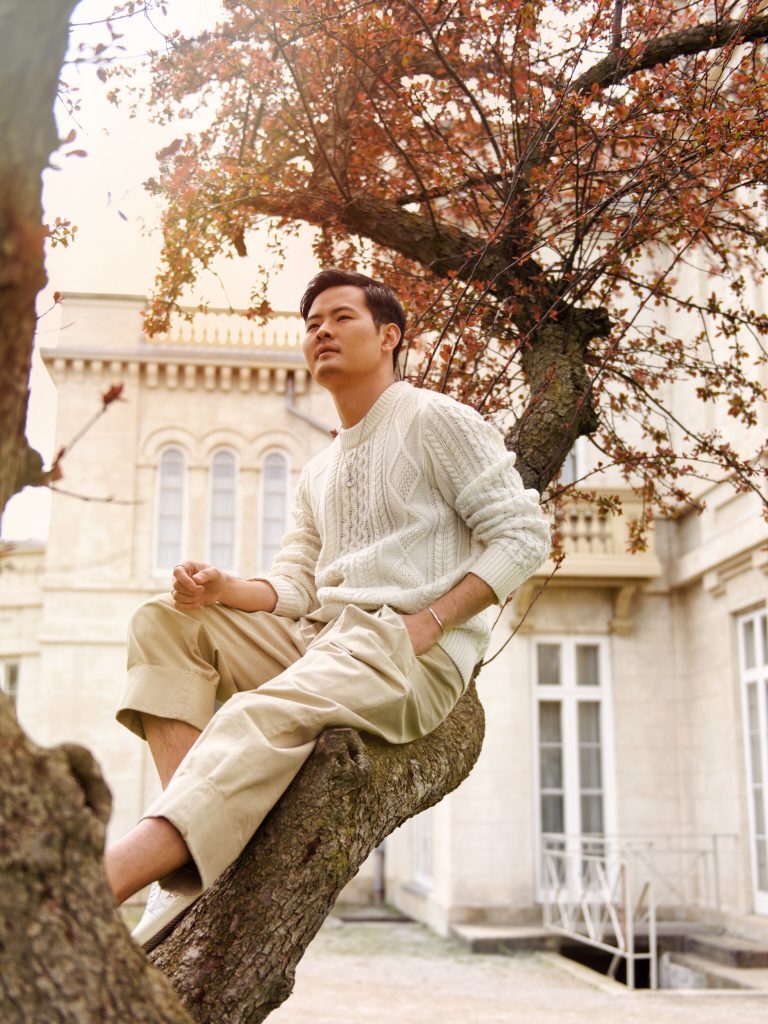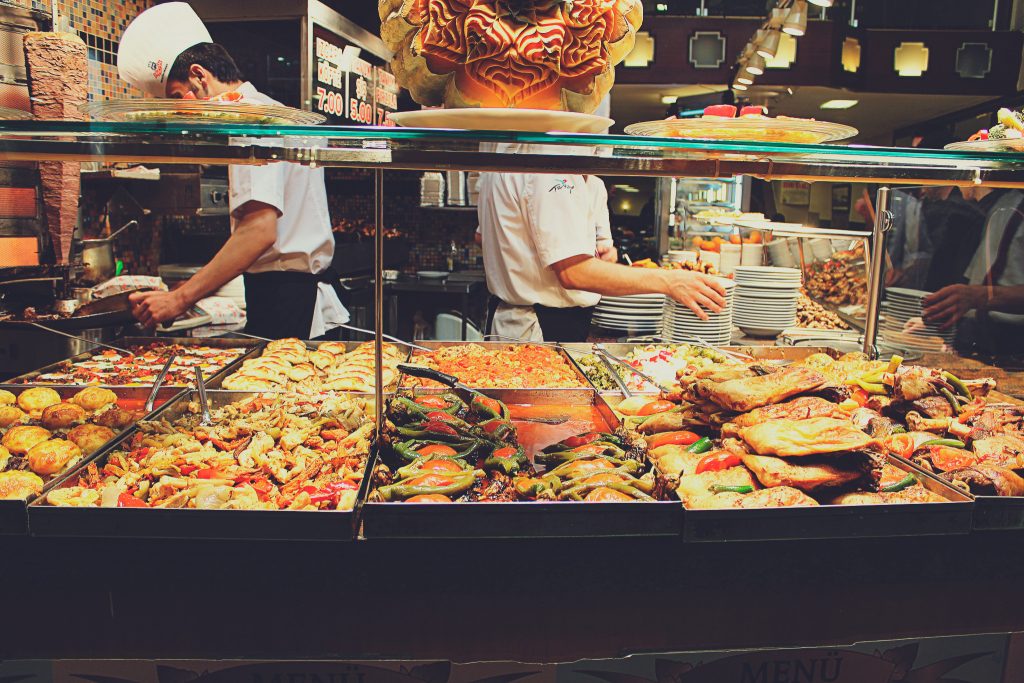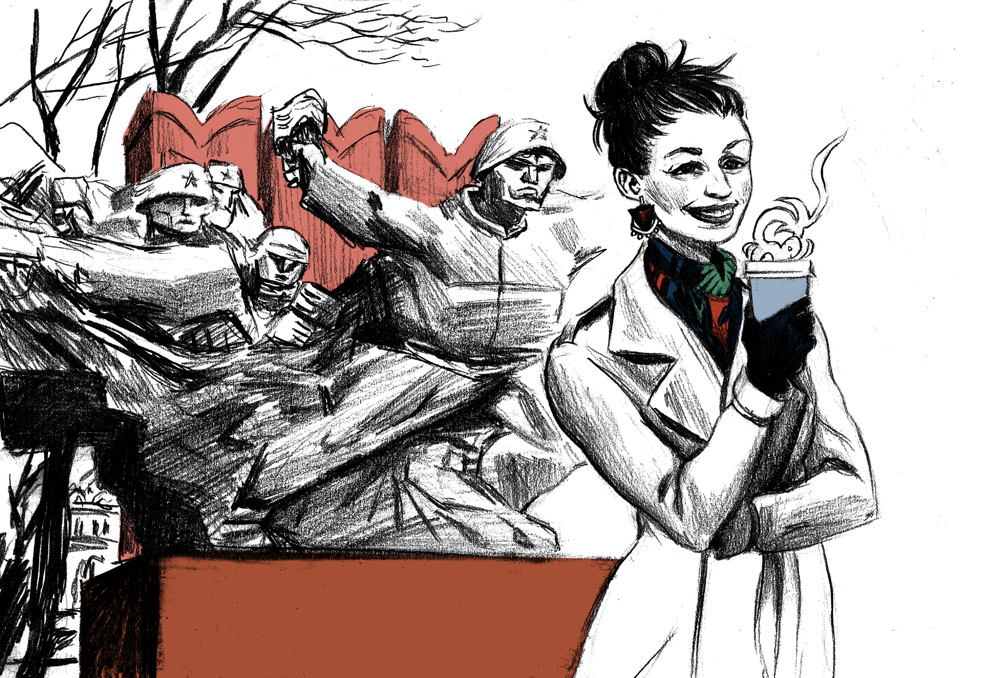What have you been doing since you came back to your common life?
I feel like when you put out books there is a cycle, it’s like you spend all this time making this thing and then it’s out in the world and you have to see it along and you spend a lot of time promoting it and then it can be hard to get back into that mode to do the next one. So, I’ve been basically just going out to the studio eight hours a day and just seeing what happens and not doing a lot of promotional stuff. Mostly just trying to read and write a lot and make stuff again. It’s summer here in Texas so it’s getting super hot and I always think that summer is an easy time to stay indoors and not go out and work a lot.
Would you say that you either consume art and culture or produce it? Are you trying to do one thing at a time?
That’s a really good question. A lot of my favourite artists have talked about how their consumption goes right into their production. If you think about someone like Quentin Tarantino, in his movies you get the feeling that he really gets ideas for movies by watching a bunch of other movies and then someone like Jonathan Lethem will talk about his time as a book seller and how much reading he did. I think for me it’s just about scheduling time for both, just making sure I have time to make my stuff and then having enough time to read. When I am working on a book, I’m not doing a lot of reading and then when I’m not working on a book, I’m reading a tonne. I schedule time to work, I schedule time to do the administrative stuff and I schedule time to read too. I just make time for everything I want to get done.
What about changes of scenery? Do you pack your stuff and head out to an artsy capital in Europe to create your next masterpiece?
I’ve had friends who are like, “oh, I’m going to book a few weeks in Paris and finish my book”, and I’ve always thought, “are you fucking kidding me? Why would you go somewhere stimulating to finish your book? Why wouldn’t you go somewhere where there weren’t any distractions and you didn’t have anything?”
The poet Maya Angelou, who died recently, one thing that she always did was, no matter what town she was living in, she would rent a hotel room, take everything off the walls, forbid the maids to clean it and she would just go in there every day and write. She needed a space that was totally unstimulating where she could just be there and do that quiet work.
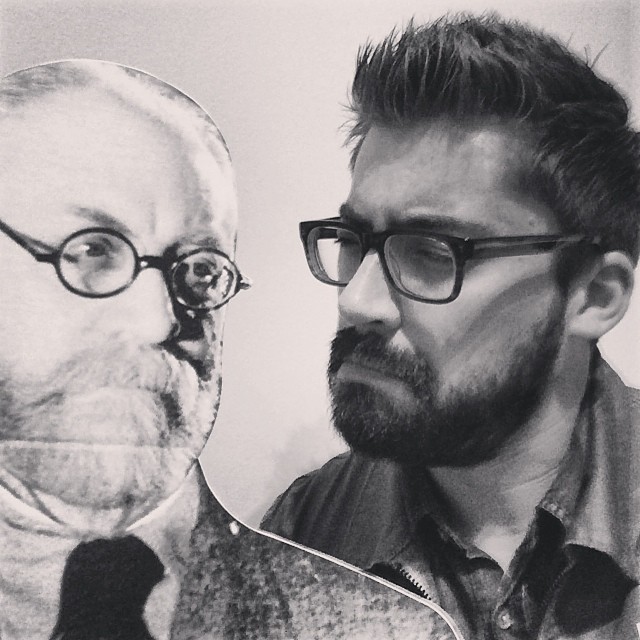
You had your big breakthrough a few years ago, with Steal Like an Artist, a book about how to be creative, and you just released a second one about how to SHOW your creativity. Are you starting to slide away from being creative to just talking about being creative?
Oh yeah, absolutely, and that’s what I’m trying to combat right now. I’ve always been someone who writes about process and I’ve always been a student of my craft, so to speak, and I’ve always liked writing about the work and doing the work, but that was the thing that took off for me and so it’s always been… it’s been hard because one of the things I like to joke about is that talking about being creative can be a lot more lucrative than actually being creative.
I think an artist can’t control what an audience responds to and so when you have something take off, there is always this balancing of what you know can be lucrative and what you really want to do. If you go onto my website, it’s “I’m in this city, here I am talking about blah, blah, blah…”, and there is not a lot of actual work up there. It’s a battle, but it’s one that I feel like I’m not losing yet.
For me it’s just saying no to a lot of stuff, saying no to a lot of distractions and just getting my butt out to the studio every day, trying to make something happen.
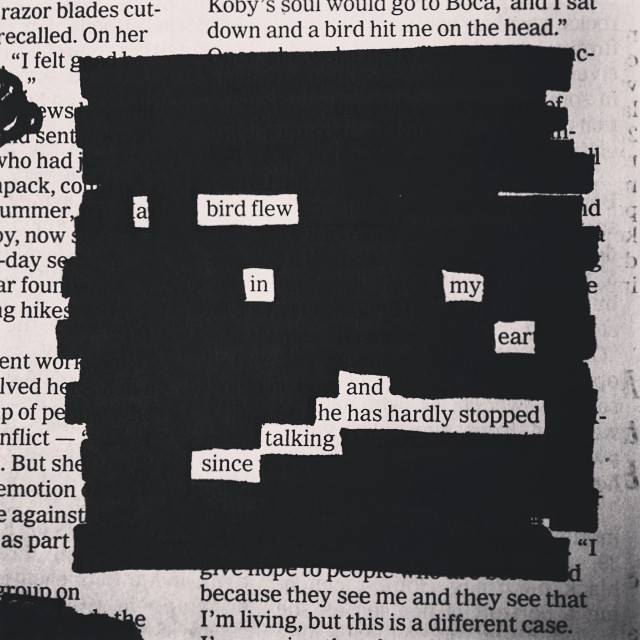
Do artists get distracted too easily these days? What with all the information in the world at your fingertips and everyone constantly trying to share things with you.
One of the things that I’ve been thinking about personally lately is just that artists have never had the data that they do now. Never in the history of art had anyone ever been able to make something, share it and then immediately know what thousands of people thought about it instantly. There is a lot of data for artists but it doesn’t mean it’s necessarily meaningful data. I made a bet with my wife the other day: I had just posted a poem on Instagram that had got a bunch of likes and that people were really interested in and I said: “I bet you I can write something on a crumpled up index card and it will get more likes than that poem did”, and it did.
You don’t know why people are clicking the like button.
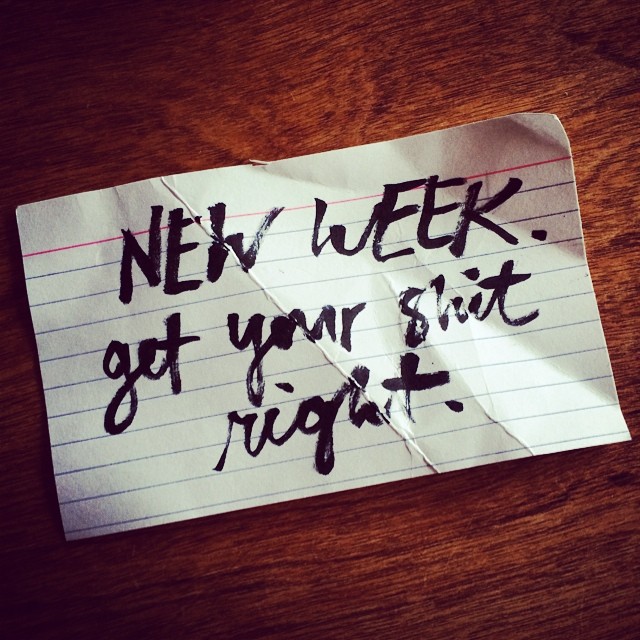
A while ago I started to do some blackout poems using colours in the newspaper, I would chop the colours up into little shapes and people really liked it and I thought, “oh well, people really like this, I should see where I can take it”, so I started making more of them. I don’t think it’s a bad thing to be influenced by how your audience responds. If I was only trying to get likes, that would be a bad thing, but if I’m trying to make work that I’m interested in, that other people are also interested in, that seems to me a little bit more genuine.
Is it a bad thing being connected all the time?
I think we are in this era where you just have to schedule time when you are disconnected in order to do creative work. One idea I have always really responded to was Joseph Campbell’s idea of a “bliss station”. The bliss station is a place where you don’t really know what’s going on in the rest of the world, you are cut off. You don’t know what’s in the papers that day, or what is in the news, or what people are tweeting – it’s a chill zone in which you can connect with yourself and what you want to experience or what you want to do. For me that’s my garage behind my house. I say goodbye to my wife and my son and I go out the backdoor of our house, lock it, unlock the door of the garage, go in, flip on the lights and then there is something about being in that space, I am automatically there and it helps me tap into my work.
In Steal Like an Artist, you talk about your digital and your analogue workstations. Is the hands-on work, where you step away from computer screens and actually use your hands, important to your creative process?
It is important to keep the mind-body connection. Art and creative work has certain therapeutic aspects and I think a lot of that has to do with the whole body experience of feeling. Something happens when you move your hand on a page, there is a particular experience that you have that you don’t get when you are typing at the computer. That’s not to say that I like one more than the other because I’ve actually found that writing by hand is a great way to generate ideas, but for me it’s not a very good way of crafting prose, it’s not a very good way of actually putting good writing together, it’s more just a way of getting ideas.
There’s this cartoonist named Art Spiegelman who did Maus and a few others. He has half a dozen different desks in his studio and they are all devoted to different tasks. When he is pencilling a comic, he will go to one desk and then when he is going to scan something, he goes over to his computer desk and then when he wants to colour something, he goes to his colouring desk. He was just talking about how having to physically walk in-between the different desks put him in the right mindset to do the work that he was trying to do and so that’s really where I got the idea for doing that analogue and digital desk.
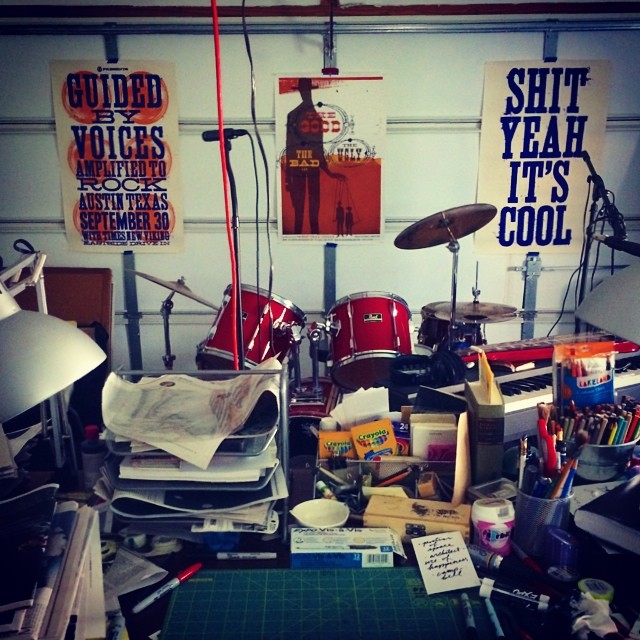
My analogue desk is where I try to spend a certain amount of time, either making one of my poems or doing some drawing or writing. Nothing digital is allowed on that desk, nothing electronic.
I find that just putting physical space in-between the things that can distract you, that’s really what it’s about – just trying to not be distracted – but I think a lot of people could get that same analogue/digital desk purely by closing their laptop and sticking it in a drawer.
You mentioned Joseph Campbell and his famous quote. How are people going to quote you in a hundred years?
Haha, I don’t care. I really don’t care. It would probably be something that I wouldn’t pick. Something I just tossed off. I think what I would really like people to take away from my work is just that art and creativity is really for everyone, it’s not something that only special people get to do. Not everyone can make a living off it, but as far as having art and creativity in your life, that’s something that everyone should have and it makes your life better. Practicing an art form, whether it’s playing the piano or cooking or dancing or drawing can really improve your life.
So, it’s not going to be ‘new week, get your shit right – Austin Kleon’?
Hopefully not, but you never know. You never know.
